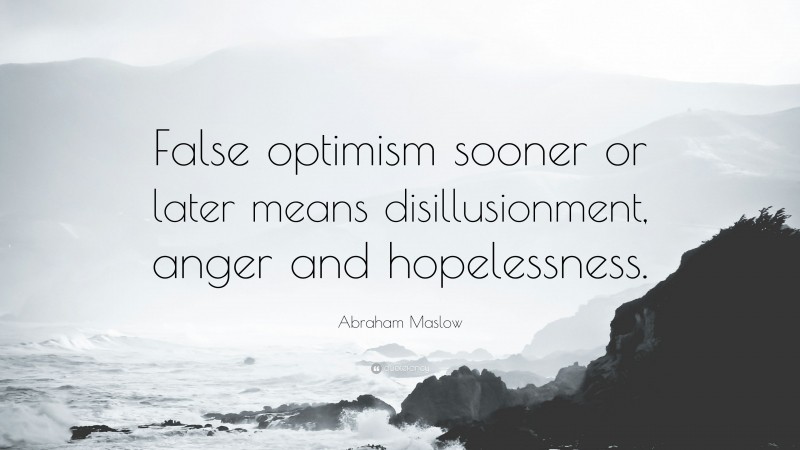

Such actions are well-meaning, as most people struggle to find something more productive to say or be more empathetic.

But how do other people bring false positivity into our emotional experiences? It usually starts with rosy pictures or optimistic comments about an upsetting situation. Instead, we’re better served by choosing the most appropriate reaction.įalse positivity can come about in two ways: either other people give our experiences a positive spin, or we do it to ourselves. Therefore, just like we shouldn’t reach for the sugar jar to season every dish we are served, we shouldn’t sugarcoat every negative experience life puts on our plates. Instead, these foods may need a pinch of salt, a spoon of vinegar, or some other seasoning to become more palatable.

Indeed, adding sugar to those foods may cause them to taste awful. However, some foods just don’t go well with sugar. Hence, added sweetness to bland foods is similar to how a positive attitude can help us deal with mundane tasks and everyday hurdles. We all love happiness and positive attitudes, thoughts, and feelings (Ford & Mauss, 2014), just the way we love the sweetness of sugar. Assume positivity is akin to sugar – it is sweet and enhances the flavors of some bland foods, making them taste more appealing. If this doesn’t sound awkward to you, the following analogy may help you see that it is. We have mentioned that false positivity is the positive attitude we force into situations where positivity is not called for. Let’s discuss false positivity and how it affects our well-being in greater detail.
#False optimism how to#
Moreover, if false positivity has been our default way of dealing with adversity, chances are we have never learned how to deal with difficult situations.

We’d hesitate to seek help even when we struggle. If we are engaged in false positivity, we might deny the effect of our loss on our lives and well-being. These behaviors promote a healthy way of dealing with our grief and other unpleasant emotions associated with our loss. Moreover, if we need help, we are more likely to seek it. For instance, if we have lost a loved one, we accept our loss and understand the ways our lives have since changed as a result. This acceptance prepares us for the next step. Instead, we acknowledge what happened and how we feel about that experience. Especially during times of grief, such as when we confront the death or diagnosis of a loved one with a terminal illness, invalidating our emotions hides that we need empathy and support.Įmotional agility and acceptance mean that we don’t judge the situation we face or our emotional reactions to it. As a result, we might put on a happy mask and carry on with our lives as if we don’t care what happened. With false positivity, we deny our emotions after a negative experience. Instead, the opposite of false positivity is emotional agility, which is associated with accepting and embracing our negative emotions in the face of adversity (David, 2016). Genuine positivity and false positivity are not opposites, as the latter is a misapplied form of positivity. False positivity delays accepting the adversity, prevents appropriate emotions and forces us to deny or minimize the magnitude of negative feelings that have risen to the surface. Yet, sometimes even the most optimistic individuals may feel sad, angry, or worried. Generally, regardless of whether we are more optimistic than others or not, a genuinely positive attitude can help us deal with difficulties. How can we distinguish genuine positivity from false positivity? Some people are naturally more optimistic and can see the positive aspects of any situation or be inclined to use their negative experiences as learning opportunities. We can define false positivity as the exercise of misplaced optimism, excessively and indiscriminately, across all circumstances. Yet, there are times of genuine sadness or distress that aren’t compatible with an overly optimistic attitude, especially when this attitude is forced. There is nothing wrong with having a positive outlook when the situation warrants it.


 0 kommentar(er)
0 kommentar(er)
